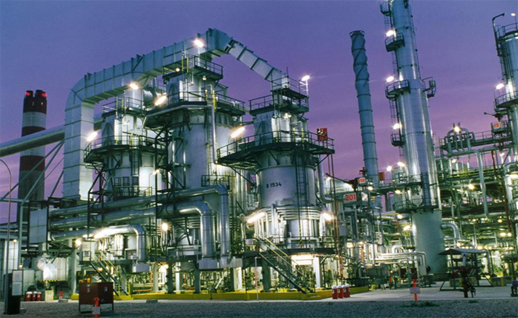 (Source: Heartland Energy Colorado Blog)
(Source: Heartland Energy Colorado Blog)An operating company, or an operator, is usually known as an oil company or a company whose primary business is working with oil and gas, or petroleum. Some of the big players in the United States are Exxon, Shell, and Heartland Energy Colorado. An operating company may be an independent or a major.
An independent company may be one or two individuals or it may have hundreds or employees.
Major companies, such as the Exxon, Shell or BP's have thousands of employees.
Besides the size of the company, a major difference between an independent and a major is that an independent only produces and sells crude oil and natural gas. A major company on the other hand, produces crude oil and natural gas, transports them from the field to a refinery or a plant, refines or processes the oil and gas and then sells the products to consumers across.
Whether independent or major, an operator must acquire the right to drill for and produce petroleum at a particular site. An operating company does not usually own the land or even the minerals (oil and gas materials) lying under the land. The company has to buy or lease the rights to drill for and produce oil and gas from the landowner and the mineral holder. Individuals, partnerships, corporations or a federal, store or local government can own land and mineral rights. The operator not only pays the landowner a fee for leasing, it also has to pay the mineral holder a royalty, which is a share of the money made form the sale of the oil or gas produced.
Other similar Articles: Drilling Rights | Oil Exploration | Heartland Energy Colorado






No comments:
Post a Comment